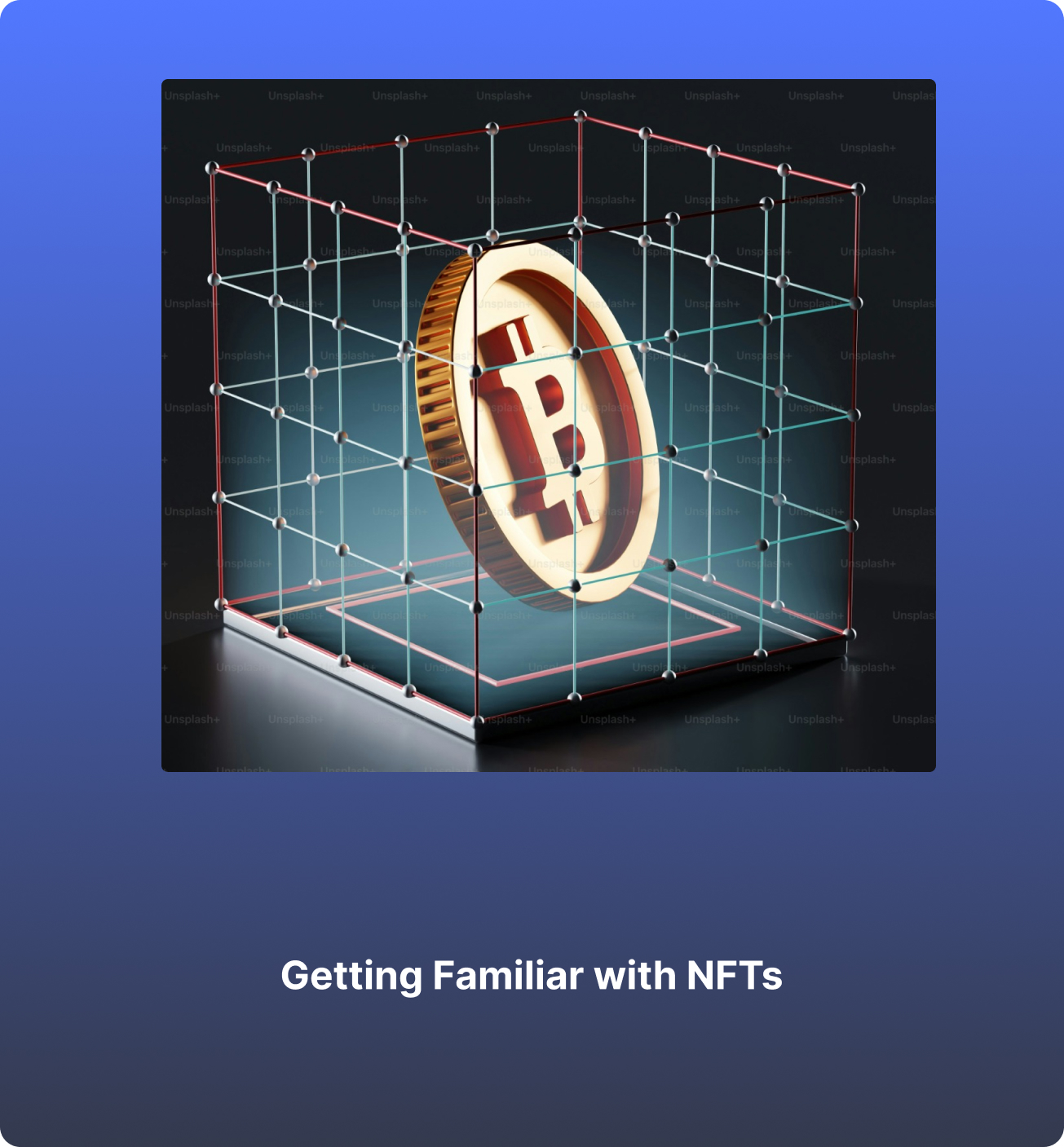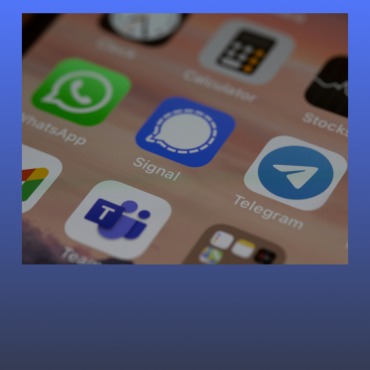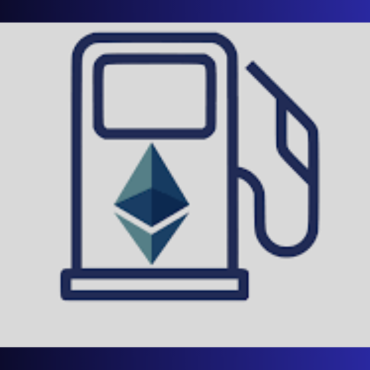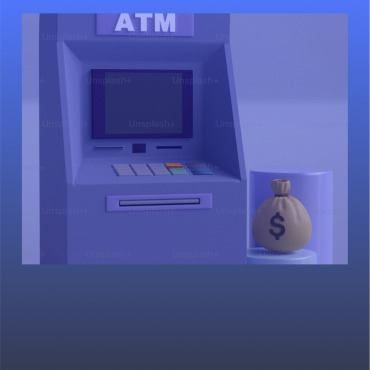What does NFT stand for?
NFT stands for “Non-Fungible Token.” Non-fungible means that it is unique and can’t be replaced with something else. For example, if one Bitcoin is fungible, trade one for another Bitcoin, and you’ll have the same thing. However, a one-of-a-kind trading asset like an NFT is non-fungible. If you traded it for a different asset, you’d have something completely different.
How do NFT marketplaces make money?
NFT marketplaces generate revenue through various fees, such as listing fees, transaction fees, and sometimes royalties on secondary sales. These fees are typically charged as a percentage of the sale price or as a flat rate per transaction.
What NFTs pay you to hold them?
Some NFT projects offer incentives to hold their tokens by providing rewards or passive income. These rewards can come in the form of cryptocurrencies, additional NFTs, or platform-specific tokens. One example of an NFT project that rewards holders is EulerBeats, which pays royalties to original NFT owners when copies of their NFTs are sold.
How to get into NFT trading?
To get started with NFT trading, follow these steps:
- Set up a crypto wallet, such as MetaMask or Trust Wallet, to store and manage your cryptocurrency and NFTs.
- Top up your wallet with cryptocurrency, typically Ethereum (ETH), as it is the most widely used currency for NFT transactions.
- Choose an NFT marketplace, such as OpenSea, Rarible, or Foundation, and create an account.
- Connect your crypto wallet to the NFT marketplace.
- Research and identify the NFT collection and exact assets that you would like to buy or trade, and make transactions using your digital wallet.
If you’re just starting out and still researching how to make money with NFTs, it might be better to start with something cheaper. There are many affordable NFTs out there that you can purchase before getting into more expensive trading.
How to make and sell NFTs?
To create and sell your own NFT, you will first need to create your digital content, such as artwork, music, or a 3D model — or even simply make a viral tweet. Then, choose an NFT platform, like OpenSea, Rarible, or Mintable, that allows you to create and sell NFTs.
You will need to connect your digital wallet to the NFT platform and follow their guidelines for creating and minting your NFT. Set a price for your NFT, either as a fixed price or as an auction, and list it for sale on the platform.
Promote your NFT to potential buyers through social media, collaborations, or other marketing channels.
Is NFT real money?
While NFTs are not considered real money, they have the potential to be valuable digital assets. They use blockchain technology to verify uniqueness, ownership, and authenticity. NFTs can be anything from a piece of artwork to a tweet (for example, Twitter CEO Jack Dorsey sold his first post on the platform as an NFT), and they are often sold on online marketplaces using cryptocurrency.
So, NFTs are not real money, but they can still be a worthwhile investment. Unlike fiat money, which can be printed at will by governments, and cryptocurrency, which can be infinitely copied, NFTs are one of a kind by design and cannot be replicated. The rarity of these items can increase their worth for both collectors and invest







